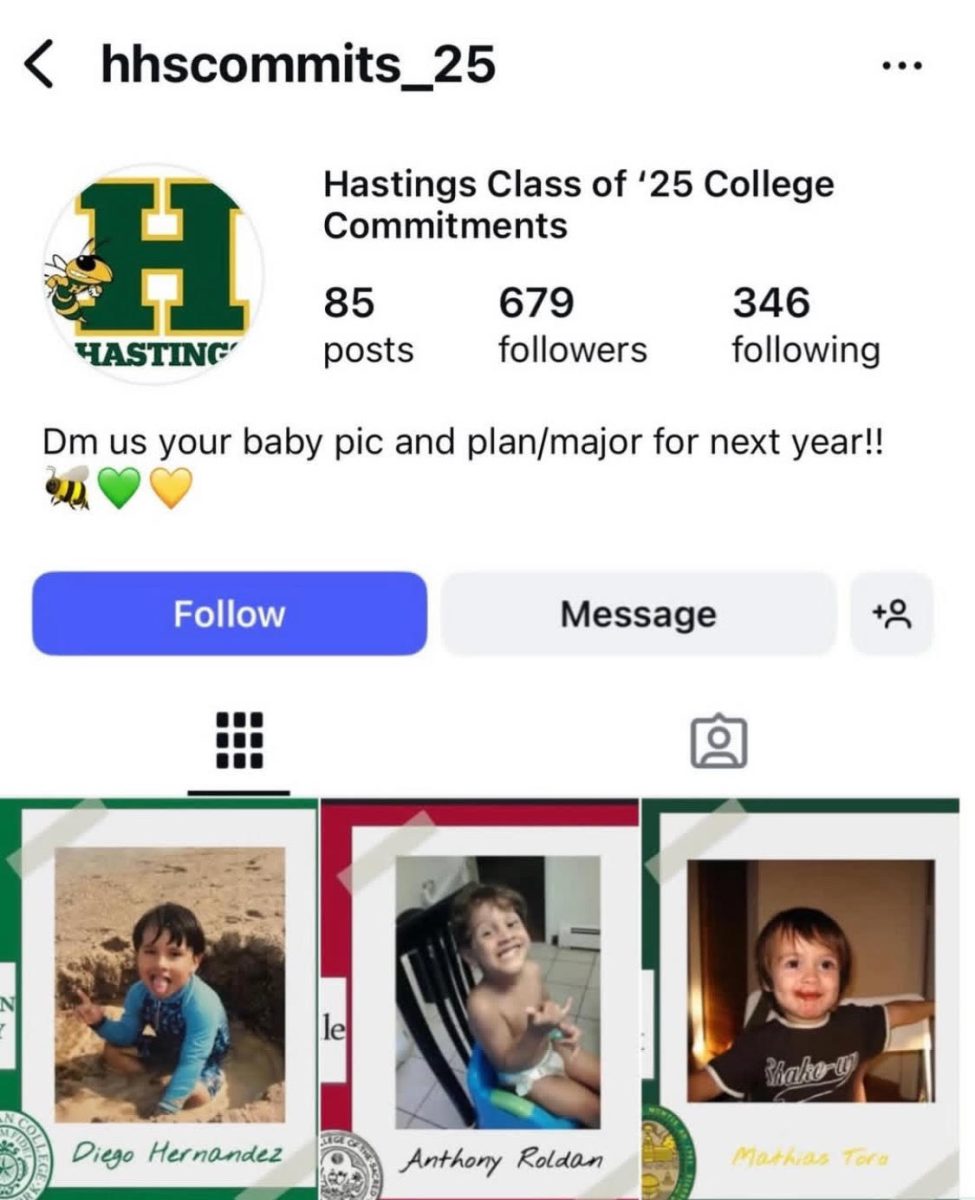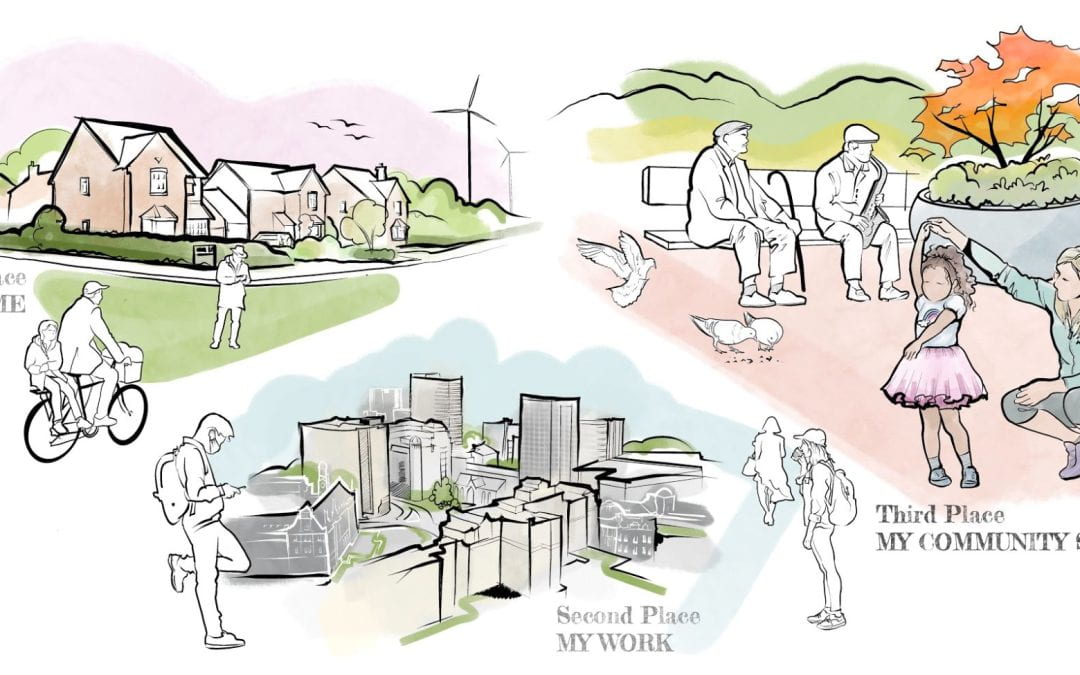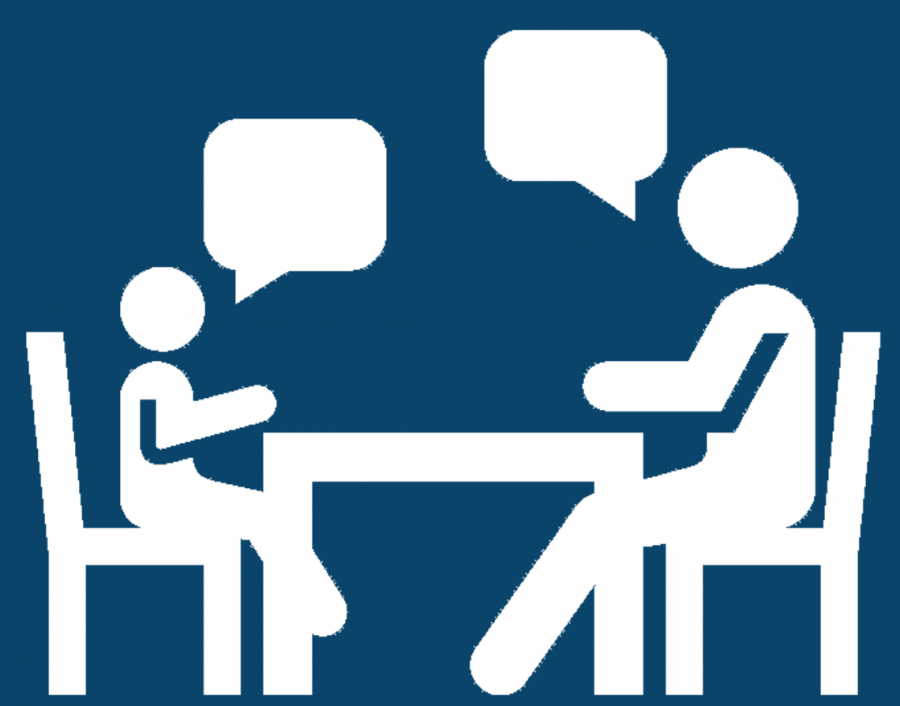An Interview with Guidance Counselor Ms. White
February 9, 2021
Ms. White, the newest guidance counselor, joined the Hastings High School Guidance Department earlier this year, but has known for a long time that being a guidance counselor was her calling after she realized that she wanted to be the counselor that she didn’t have.
At HHS, she aims to talk with students about topics ranging from instant gratification to the pursuit of happiness to redefining the normative culture of success.
As a child, she grew up in the Bronx and quickly realized that her guidance counselors were not very helpfulThe support she didn’t receive in high school pushed her to become the kind of guidance counselor she is now: “the caring person, the empathetic person, the person that is able to have professional conversations but also [who is] realistic about life’s journey.” While supportive and friendly, she also doesn’t paint life as pink and rosy all the time because “there are bumps and bruises along the way.”
Every kid “needs the basics: social and emotional [support], care and empathy; [students] want somebody that empathizes.” She did acknowledge though that moving from being a guidance counselor at a school with many lower-income students to Hastings has required a shift in approach, as she was accustomed to students who “did not have,” where part of her job was to help provide “the have.”
“The difference [at Hastings] is how much I [am able to] support. When it comes to some of my [old] students, parents were not knowledgeable about a lot of things so they relied on me to give that extra knowledge from a parental point of view—when it came to applying to certain programs, doing certain things. Even when their counselor is supposed to do that, there is that extra layer/piece: how do you recommend—how beneficial—from a professional piece, stepping into a parental role and giving that social/emotional support to another level.”
At Hastings, the level of parental support is different, and she is challenged in other ways. She says that with many of her previous students, when they were met with adversity they were “able to get up and move on when you have never had [the resources or support you may need]” but for many students in Hastings who have “always had,” when “it’s taken away from you, people react to things differently.”
She emphasized though that “it doesn’t matter who you are—everyone faces some form of adversity in life. It’s how you respond to it that makes you successful.” Her own life experiences have taught her to not “take life so seriously” and to remember that “things will come to fruition—I’m a firm believer of what is for you will be for you.”
One of the things that has been challenging as a counselor is separating her own success or failures from the success or failures of her students, as some situations are out of her control. She noted that while there is grief in not being able to fully alleviate the suffering of some of her students, she’s learned that “someone will change when they’re ready to change…My first reaction is ‘oh my god, let me give you a hug, let me try to fix it.’ I know a hug is not going to fix it. I have to now put on that hat to say ‘ok, what resources that I have that could be able to give you the tools to fix it—it won’t be fixed [immediately], but for you to either cope or get over whatever you’re facing. You have to learn to multitask.”
She added that “counseling is like role playing – you have to switch hats… I have to ask ‘What are my resources out there for me to help this student do better?’ and you have to know your role. It’s just making sure that you do your checklist at the end of the day. There is no room for error, because the one mistake you make can be detrimental to the student.”
The Buzzer would like to thank Ms. White for being an inspiring counselor to so many students – here’s to many more years at Hastings High School!


















